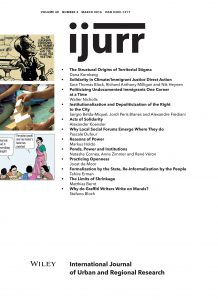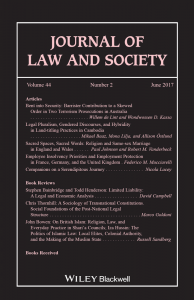Would you pay $14,000 to attend Internet rehabilitation?

HeavensField Retreat Center in Fall City, Washington
By Rachael Liberman
When ReSTART, the Fall City, Washington “Internet Addiction Recovery Program,” opened its doors in July 2009, it became the first of its kind in the United States. According to its press release: “Video game and Internet addicts can now find solutions to the addictive behavior that devastates their marriages, careers, schooling, family life and health.” The program, co-founded by Cosette Rae, MSW and Hilarie Cash, PhD, offers a 45-day, “cold turkey” program that includes counseling and psychotherapy sessions, household chores, working on grounds, and exercising. Recently, the AP sent a release that resulted in a slew of articles centered on Ben Alexander, the center’s first patient who had an unhealthy relationship with “World of Warcraft.” According to an article in The Guardian, he flunked out of the University of Iowa in his first year. He is quoted as saying: “At first it was a couple hours a day. By midway through the first semester, I was playing 16 or 17 hours a day.”
Now, it needs to be made clear that Internet Addiction Disorder is not recognized by the American Psychiatric Association or the Diagnostic and Statistical Manual of Mental Disorders . While there is a movement in the medical community, based on happenings abroad – mostly in China, South Korea, and Taiwan – and other research findings about addiction, to include this in the 2012 DSM manual, IAD is still a debated disorder. Therefore, patients at ReSTART do not receive any insurance. However, this response is not about health insurance or the recognition of Internet Addiction Disorder. Instead, the discussion of this center raises issues about media education that have been tabled due to various reasons, including lack of funding, no room in curriculums, and an overall disinterest in “liberal” musings about media effects.
This center will, of course, excite those invested in technological determination and the notion that new technologies are a serious threat to rationality. But the real question is – could this have been prevented? Would exposure to media education, including building a healthy and critical relationship with media, have minimized this need and destructive outcome? Of course, addiction is psychological and beyond media education, but we will never know how it could have assuaged this particular dénouement. If the public continues to misuse media products, will there be many of these “after-the-fact” institutions opening in response to a defeated public? Will there be one that addresses sexism and racism? As effects from media misuse begin to surface, the question of media education as a preemptive strike is soon to follow, hopefully.
 Addiction and Exposure from The International Encyclopedia of Communication
Addiction and Exposure from The International Encyclopedia of Communication




1468-0491/asset/society_affiliation_image.gif?v=1&s=859caf337f44d9bf73120debe8a7ad67751a0209)

Media education is an interesting way of looking at the issue of forms of media addiction. China has an interesting program that they apply to children’s online accounts, but this implies that adults cannot become addict–and thus assumes media education.
Thanks for an intriguing post.
Keri